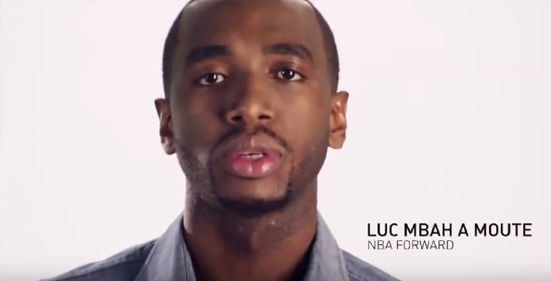Prevent falls: Falls are a common cause of injury and concussion / TBI. For children, check to make sure that the surfaces under playground equipment are safe, soft, and consist of appropriate materials (such as wood chips or sand, not dirt or grass). The surface materials should be an appropriate depth and well-maintained. For adults, wear appropriate footwear and watch for listing to a particular side or limping when walking. Consider how medications, lack of sleep, weather conditions, surface type, and other factors can affect a person’s stability.
Make sure your home is safe: Keep busy, active child from taking a dangerous tumble. Home safety devices, such as guards on windows that are above ground level, stair gates, and guard rails can help
Keep sports safe: Make sure active people wear protective gear during sports and recreation. For example, when in-line skating, use wrist guards, knee and elbow pads, and a helmet. Cyclists should always wear certified helmets.
Supervision is key: Supervise children, disabled, seniors, and physically impaired individuals at all times around fall hazards, such as stairs, hills, slippery surfaces, and playground equipment, whether at home or elsewhere.
What to Tell the Medical Provider
Be sure to tell the medical provider if an injured person is taking medications—prescription, over-the-counter medicines, or "natural remedies." When possible, also write down and share the following
information:
- Cause of the injury and force of the hit or blow to the head or body
- Any loss of consciousness (passed out/knocked out) and if so, for how long
- Any memory loss right after the injury
- Any seizures right after the injury
- Number of previous concussions (if any)
